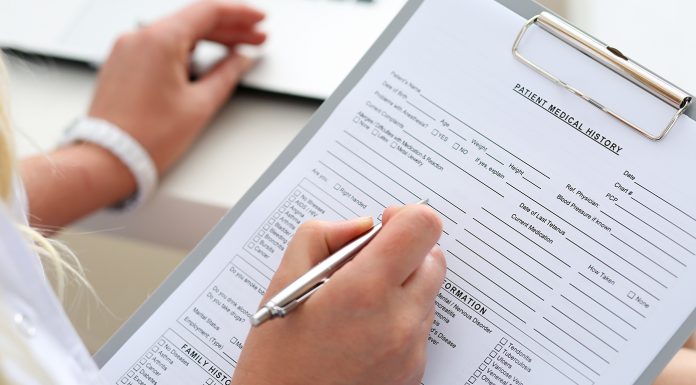A survey finding bullying of senior doctors in public hospitals is rife is not surprising, says NZNO chief executive Memo Musa, with bullying also impacting majorly on nurses.
He was responding to the Association of Salaried Medical Specialists (ASMS) survey published today which found a third of senior doctors and dentists had been bullied at work, and two-thirds had witnessed others being bullied – mostly by fellow doctors. The survey findings were presented to the ASMS Annual Conference in Wellington today and showed that much of the bullying was between medical colleagues with the most common bullying perpetrators being fellow senior doctors (52.5%), followed by non-clinical managers (31.8%) and clinical leaders (24.9%). (See full survey story at Health Central)
Musa said the NZNO Employment Survey and the NZNO journal Kai Taiki had repeatedly found that bullying had a huge effect on the nurse involved, and their colleagues, and could get to the point nurses leave for other jobs, go overseas or leave the profession altogether. He said he backed the Association of Salaried Medical Specialists’ call to bring the matter to the attention of district health board leaders and boards.
The report, Bullying in the New Zealand senior medical workforce: prevalence, correlates and consequences, is based on a survey of ASMS members in June 2017 with a nearly 41 per cent response rate.
“NZNO leadership will talk with Ian Powell (ASMS executive director) shortly as nurses have this issue too and we know that nurses are leaving the workforce for a different career because of it. This is the opposite of what this country needs, let alone our patients,” Memo Musa said.
“We know that in an underfunded health system the internal stress and pressure takes its toll. When nurses and doctors and other professionals are thin on the ground and working double shifts, the working environment is not good, healthy or staff do not feel safe to speak up against bullying.
He said its report into short staffing at Counties Manukau DHB clearly showed that when there is understaffing that discomfort levels go up in the workplace with one nurse being yelled at if the requested help. Musa said an article in the June edition of Kai Tiaki about a nurse who walked away from her job –after management failed to stop the bullying that went for two years by a charge nurse gained a ‘huge amount’ of Facebook comment from nurses sharing similar stories. “This is outrageous considering nurses are highly regarded by society yet too often treated badly in their employment situation.”
“We know that Lakes DHB, Auckland DHB and Capital and Coast DHB for example are proactively tackling this problem and it is commendable,” said Musa. “But there is a long way to go for the entire staff management system to operate in a way that protects all staff and has the right management and skill mix to avoid bullying and to indeed address it.”
Behaviour described in the ASMS report ranged from violence, threats and intimidation through to humiliation, persistent criticism, allegations, gossip, exclusion and excessive monitoring of work.
Key ASMS findings included:
- Workplace bullying occurs more often, and in different forms, for certain groups of senior doctors, eg overseas-trained doctors working in New Zealand, women, doctors aged 40 to 59, and in some specialties (emergency medicine, general surgery and specialist surgery).
- Only a third of doctors who said they had been bullied reported what had happened, with the main reasons for not reporting being fear of not being supported, and concern that reporting would make the situation worse.
ASMS Executive Director Ian Powell said the survey findings were very concerning and the union would be discussing them further with DHB chief executives and senior managers. Copies of the report had been sent to all DHB Chief Executives, as well as new Minister of Health, Dr David Clark.
Bullying Resources
- Netsafe website has a page dedicated to advice on online bullying and harassment netsafe.org.nzor you can email them directly for advice at: [email protected] or phone them on 0508 638 723
- New Zealand Nurses Organisation workplace bullying information and guidance: nzno.org.nz/bullyfree
- WorkSafe New Zealand bullying prevention tools:
- Lifeline – 0800 543 354 or 09 5222 999 within Auckland.





















